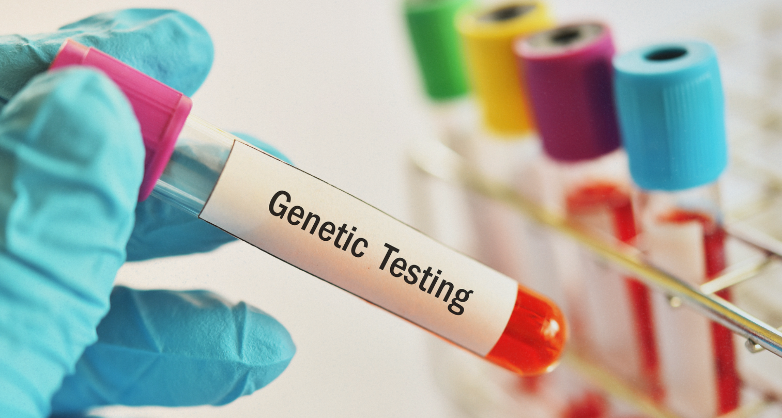
Genetic Testing During Pregnancy: Options and Considerations
Genetic testing is crucial for identifying inherited disorders and assessing the risk of genetic diseases. It enables early intervention and personalized treatment plans, improving patient outcomes. Additionally, it provides valuable information for family planning and helps in understanding the genetic makeup of individuals.
Overview of Genetic Tests
Non-invasive Prenatal Testing (NIPT)
Purpose: Screens for chromosomal abnormalities such as Down syndrome, Trisomy 18, and Trisomy 13 using fetal DNA found in the mother’s blood.
Timing: Can be conducted as early as 10 weeks into the pregnancy.
Amniocentesis
Purpose: A diagnostic procedure that detects genetic conditions and chromosomal abnormalities by analyzing the amniotic fluid.
Timing: Typically performed between 15 – 20 weeks of pregnancy.
Chorionic Villus Sampling (CVS)
Purpose: Identifies genetic disorders by collecting and examining placental tissue.
Timing: Usually done between 10 – 13 weeks of pregnancy.
Who Should Consider Genetic Testing?
Pregnant Women Over 35: Older maternal age is associated with a higher risk of chromosomal abnormalities.
Family History of Genetic Disorders: Families with a history of genetic conditions may consider testing to assess the risk.
Abnormal Ultrasound or Screening Results: Indicative results from early screenings may prompt further genetic testing.
Specific Ethnic Backgrounds: Some genetic disorders are more prevalent in certain ethnic groups, making testing advisable.
Benefits, Risks, and Ethical Considerations
Benefits:
Early Detection: Enables early identification of genetic issues, facilitating informed decisionmaking and preparations.
Reassurance: Provides peace of mind if the results are normal.
Risks:
NIPT: Very low risk, as it involves a simple blood test.
Amniocentesis and CVS: Slight risk of miscarriage due to the invasive nature of these procedures.
Ethical Considerations:
Informed Decision – Making: Understanding the full implications of the test results is crucial.
Privacy: Ensuring that genetic information is kept confidential and secure.
Potential for Discrimination: Awareness of how genetic information might be used is essential.
For those seeking comprehensive genetic testing services, SHREE Diagnostics is a reputable choice. They offer advanced prenatal diagnosis and prenatal genetic testing at their centre, known as SHREE Diagnostics & Clinic
SHREE Diagnostics is renowned for their diagnostic services, including specialized women’s clinic options. Their offerings encompass a wide range of Medical Diagnostics and Radiology services. If you’re in need of a blood test or searching for the best gynaecologist near me, SHREE Diagnostics ensures high-quality care. They also provide comprehensive USG & MRI scan services, supporting thorough prenatal care. For more information, visit www.shreediagnostic.in to explore detailed genetic testing options and ensure a healthy pregnancy journey.

